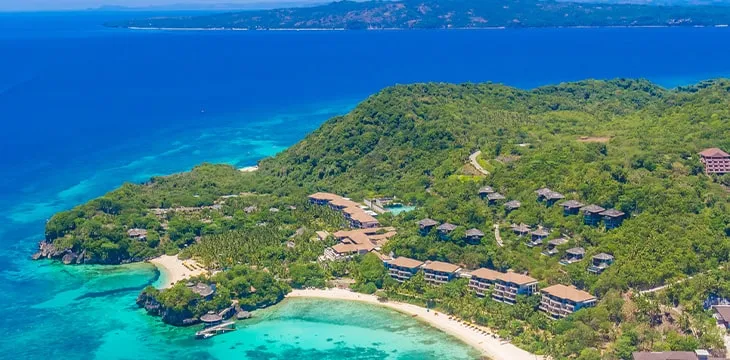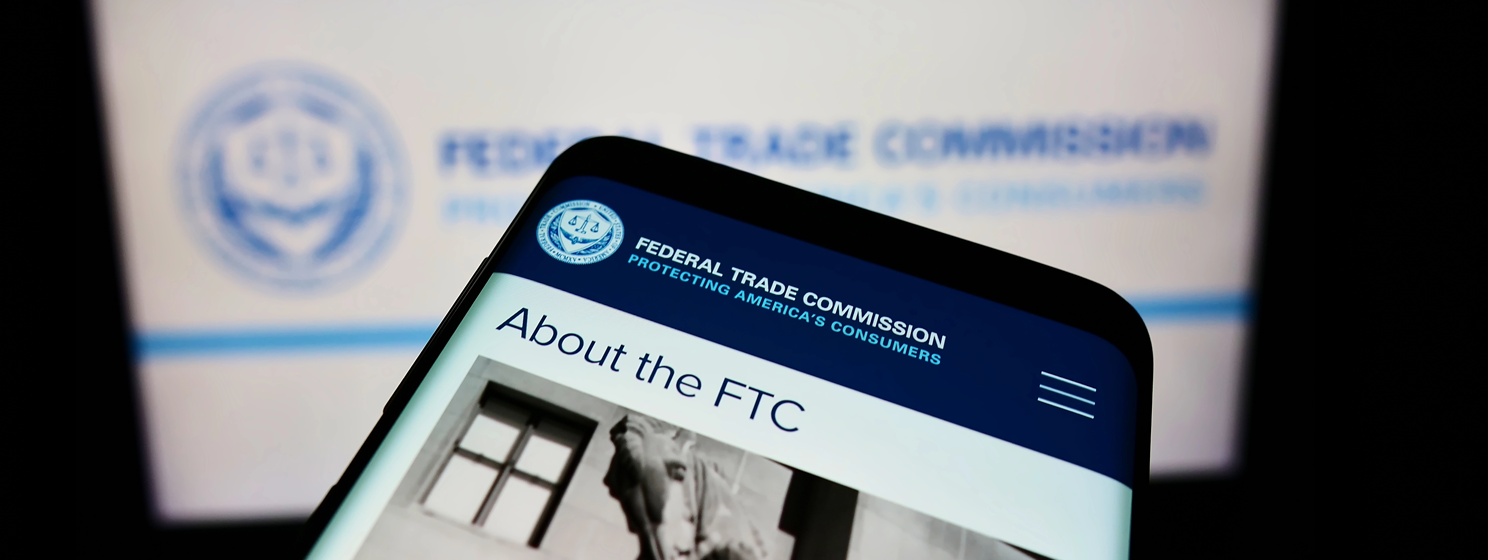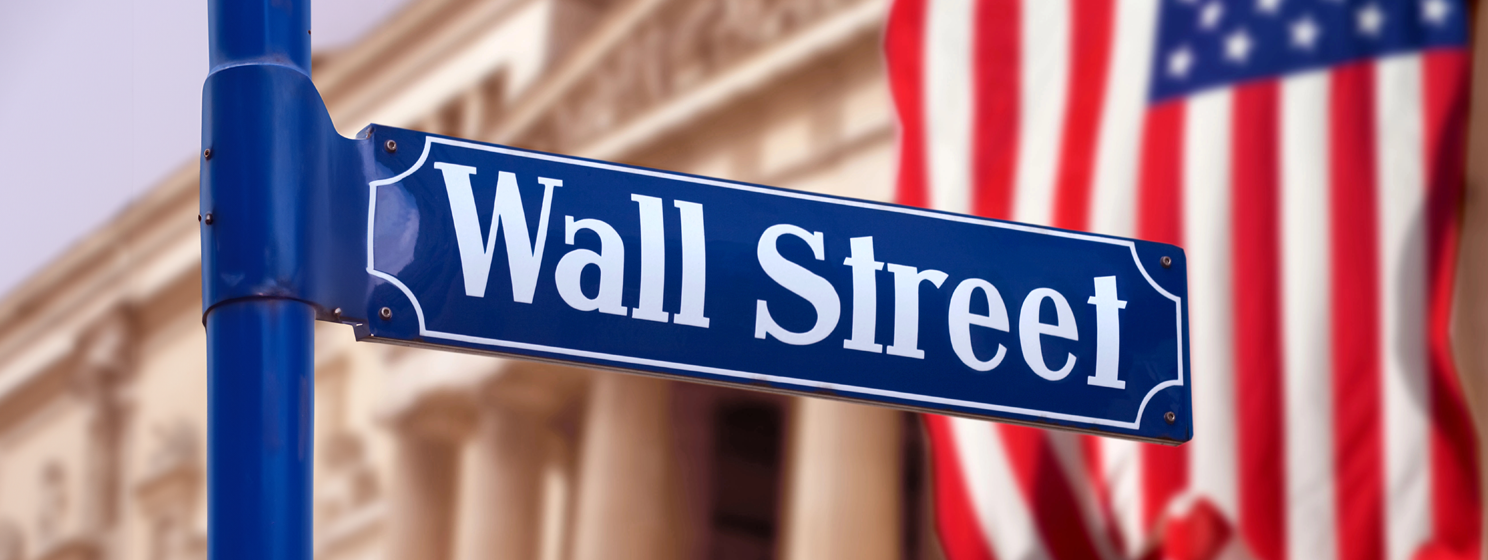|
Getting your Trinity Audio player ready...
|
Boracay isn’t particularly renowned for being a trailblazer in technology, with many flocking to the island for its white sandy beaches and world-class resorts. It’s now seeking to be more than just a holiday destination and become a Bitcoin Island as adoption continues to soar.
While it draws inspiration from El Salvador’s Bitcoin Beach, can it avoid making the same mistakes that the ill-fated Nayib Bukele-led country made?
Boracay is a small island with less than 15,000 residents. However, its beaches bring thousands of visitors every year. It’s now seeking to make a name in digital assets, with the movement led by one local wallet that has enrolled over 120 local businesses to accept digital asset payments.
https://twitter.com/BitcoinIslandPH/status/1570672990207234048
Speaking recently on why Pouch has chosen to focus on the Philippines, Vice President Bill Mill stated that it’s due to the country’s fast adoption of digital assets. The company is also targeting the multi-billion dollar remittance industry, which is only behind India, Mexico, and China globally.
Boracay’s Bitcoin Island takes inspiration from the Bitcoin Beach in El Salvador. Located in the town of El Zonte along the Salvadorian coastline, the beach was touted to be a Mecca for BTC adoption after President Bukele pushed for the Bitcoin Law. However, it has been an epic failure, and most businesses have completely ceased accepting BTC or claim to be pro-BTC to attract “Crypto Bro” visitors.
One of the key reasons that the Bitcoin Beach in El Salvador has failed is its adoption of BTC as the standard for digital payments. BTC’s fees, which have shot up to more than $50 at times, are simply unsustainable for an economy like El Salvador, where the national gross income per capita in 2020 was $3,600. Many traders and merchants in the country decried the fees, and shortly after starting to accept BTC payments, they cut them out and vowed never to return.
Boracay is currently pushing for the same BTC adoption that crushed Bukele’s dream. Pouch, the wallet fueling the Bitcoin Island ambitions, supports Lightning Network, which they claim speeds up transactions and brings down the exorbitant fees. However, the BTC Layer 2 protocol doesn’t work—it’s prone to failure and insecure, and as regulators circle in on digital assets, it will be among the biggest targets.
While the idea is noble, Bitcoin Island will only work if and when it anchors its digital asset hopes on the real Bitcoin—BSV—whose real-time transactions, infinite scaling, and negligible fees are exactly what Satoshi Nakamoto envisioned in 2009.
Watch: Satoshi Nakamoto’s answer to Bitcoin scaling: Simplified Payment Verification

 09-15-2025
09-15-2025 





